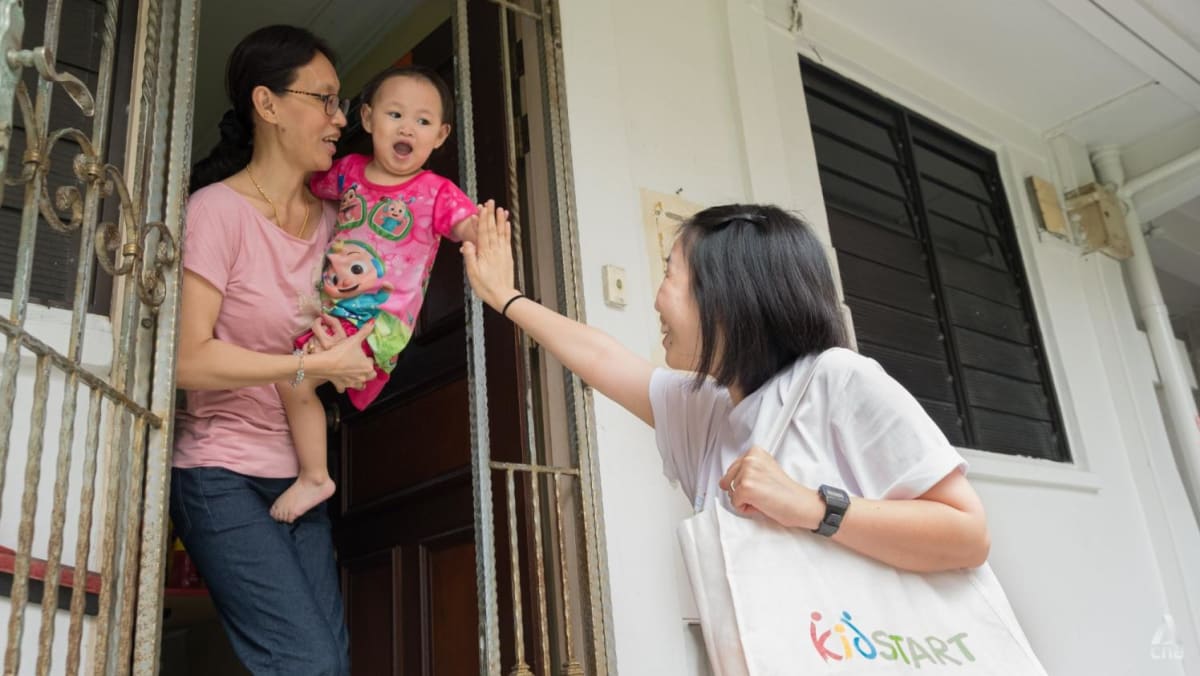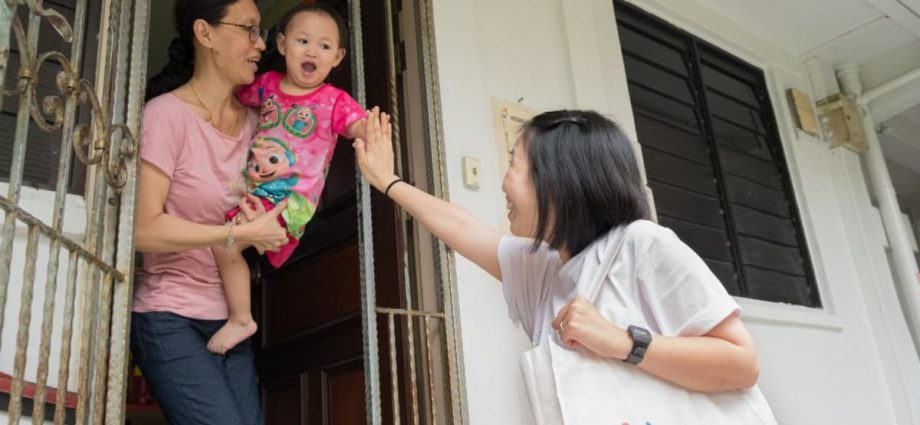
What took some work, however, was learning to hold back. This was, she said, the hardest thing for her to change.
“As a teacher, I could say things like … ‘You need to do this or do that,’” she said. “But now I’ve learnt I need to … bring the parents to the point where they can make the change themselves.”
For example, when Rosabelle’s parents brought up the challenge they faced trying to reduce her screen time, she responded: “Is that something you want to work on?”
Taking her cue from them, she suggested how, instead of removing it entirely, screen time could be made interactive by, for example, pausing the video now and then to talk to her about what goes on in the video.
“It’s all about asking them things like … what they think, (whether) they feel this is a concern,” she cited. “And how can you work on it?”
She does not, however, claim to know everything about child-rearing; all the more so because she does not have children herself.
“I always tell my families right from the start that although I’m the person you can approach, I don’t have all the answers,” she said.
But she has help in the form of a multidisciplinary team including doctors, nurses, speech therapists and psychologists she can consult at any point.
This means families can, for instance, get access to breastfeeding advice from a nurse. So when Goh worried about how to wean Rosabelle in preparation for preschool, Lai set up a video call with a nurse who could advise her.
Before they are assigned to families, KidStart practitioners also undergo training that covers aspects like breastfeeding, nutrition, child development and maternal mental well-being.
The training is guided by evidence-informed practice, including the Abecedarian Approach, which is a set of teaching and learning strategies focused on language development and high-quality adult-children interaction.

